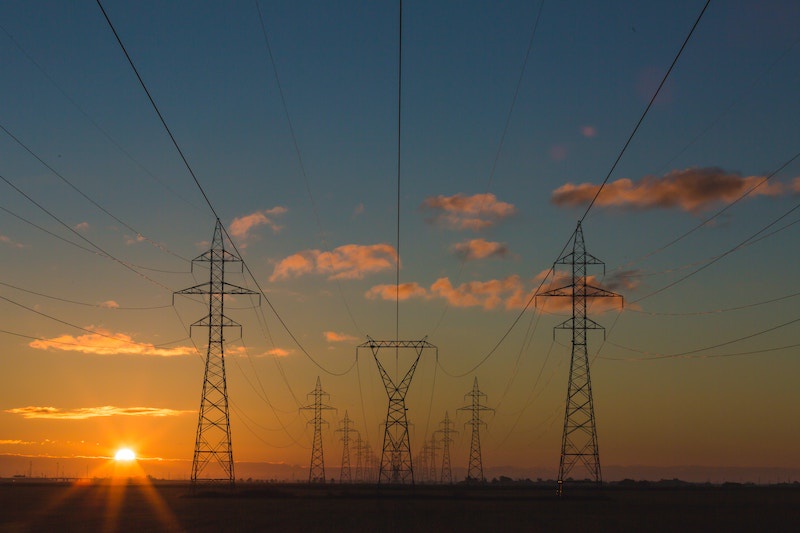As homeowners and renters alike seek to minimize their energy bills, one fundamental question often arises: 'Gas vs electricity: what’s cheaper for your home?' The answer, while seemingly straightforward, is mired in a complex web of factors ranging from location, individual usage, market prices, and even environmental impacts. According to a 2023 report from the U.S. Energy Information Administration, electricity accounted for 44% of household energy costs, while natural gas stood at 17%, prompting many to wonder about the most cost-effective energy choice.
Dissecting the Cost Dynamics
To understand the cost comparison between gas and electricity, it's vital to consider two factors: the per-unit cost and the efficiency of appliances. Generally, the cost per unit (kWh) of electricity is higher than that of natural gas. However, electric appliances often tend to be more energy-efficient than gas appliances. For example, electric heaters can convert nearly 100% of the electrical energy into heat, while gas heaters typically have efficiency levels of around 80-90%.
Geography and Infrastructure: The Location Factor
Geographical location can play a significant role in determining the cost-effectiveness of gas or electricity. In areas with abundant natural gas reserves, gas can be a cheaper option due to lower transportation and distribution costs. For instance, according to Statistics Canada, in provinces like Alberta and Saskatchewan, where natural gas is abundant, the average cost of natural gas is significantly lower than the national average. Conversely, in areas with a robust renewable energy infrastructure, electricity prices can be lower.
The Green Factor: Incorporating Environmental Costs
When discussing the costs of gas and electricity, it's important to consider the environmental impacts. While natural gas is the cleanest fossil fuel, it does emit greenhouse gases. In contrast, electricity can be completely green if generated from renewable sources. The social cost of these emissions - health impacts, climate change, and more - are often not included in your energy bill but are significant considerations.
Future Trajectory: The Impact of Technological Advancements
Technological advancements can change the cost dynamics of gas and electricity. The plummeting costs of renewable energy technologies are reducing the cost of electricity. According to the International Renewable Energy Agency, the cost of electricity from solar photovoltaics decreased by 85% and wind by 56% between 2010 and 2021. On the other hand, the rise of energy-efficient appliances is making both gas and electricity usage less costly over time.
Choosing What’s Best for Your Home
Deciding between gas and electricity as the cheaper option for your home is a multifaceted decision. It not only involves understanding the current cost dynamics but also considering future energy price trajectories, local energy resources, appliance efficiencies, and the environmental impacts of your energy use. By understanding these factors, you can make a well-informed decision that aligns with your financial, environmental, and personal needs. Regardless of your choice, one thing remains clear: energy efficiency should be a top priority for all households. Energy saved is money saved - and a step towards a sustainable future.


No comments yet